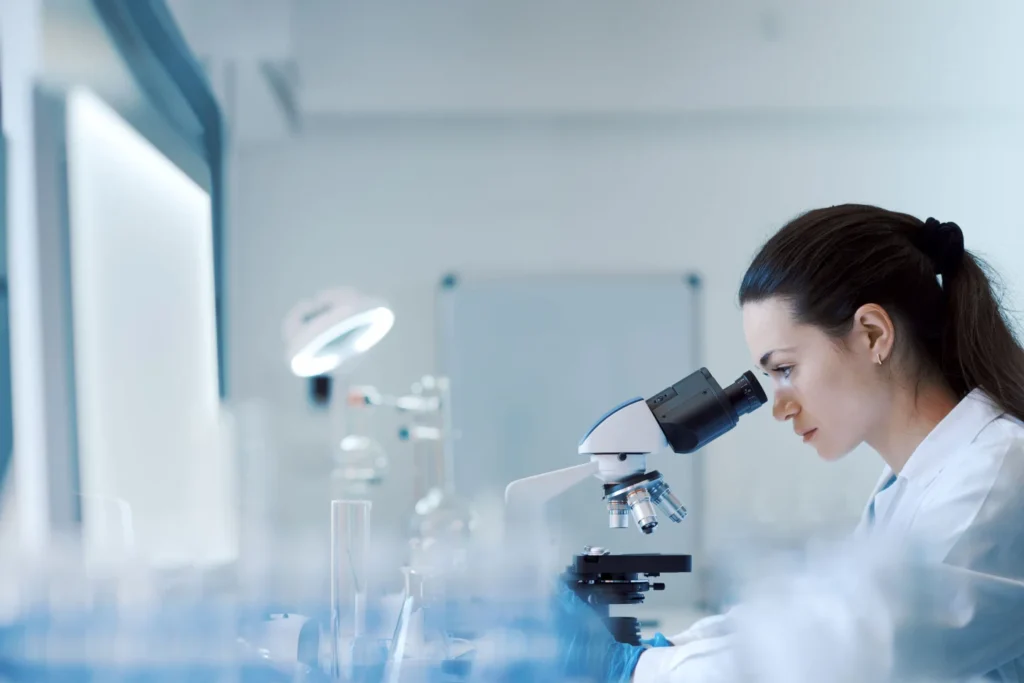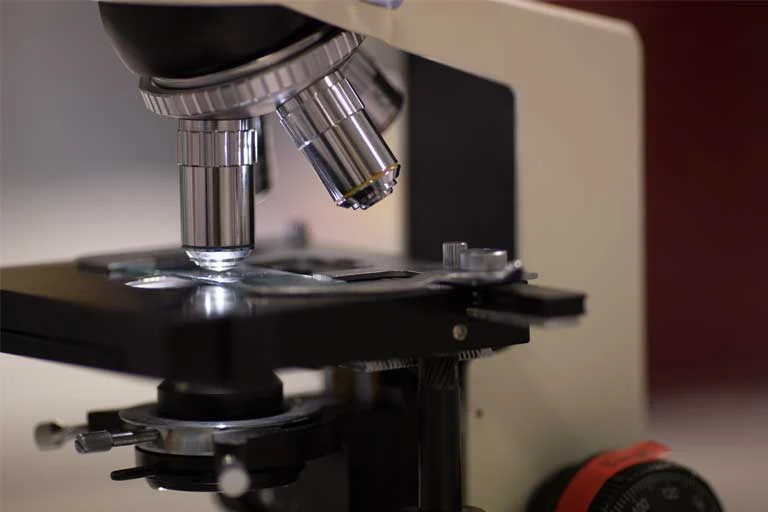
CellTechs Research Laboratory
The work of the CellTechs laboratory helps expand our understanding of neurodegenerative illnesses like Alzheimer’s, Parkinson’s, and Creutzfeldt-Jakob disease, and find therapeutic solutions for them.
Cellular Engineering Laboratory
Cellular Reprogramming
In 2007, in Japan, Prof. S. Yamanaka developed the technique of cellular reprogramming, a major breakthrough. Cellular reprogramming now allows us to obtain an unlimited number of stem cells starting with just a few skin cells. These induced pluripotent stem cells, or iPS cells, are potentially immortal. Not only can they proliferate indefinitely, they are a nearly inexhaustible source of human tissue. One of the most modern, innovative applications of cell biology, cellular reprogramming offers the hope of an unlimited supply of many types of human cells (e.g., retinal, neuronal, cardiac…).

Enhancing Our Understanding of Neurodegenerative Diseases
The goal of our research laboratory is to use iPS cells to better understand the mechanisms underlying neurodegenerative illnesses like Alzheimer’s, Parkinson’s, and Creutzfeldt-Jakob disease, so that we may develop therapeutic solutions to counter them. To meet this objective, our laboratory has devised a technique to prepare human “minibrains” (cerebral organoids) that may allow us to study more finely the pathological mechanisms of neurodegenerative diseases and test new treatments.
In association with techniques of genetic engineering that include the use of lentiviruses and CRISPR/Cas9, this technology paves the way for the development of new models for the treatment of these diseases.
Each year our laboratory hosts SupBiotech interns, allowing them to learn from the technologies developed by our teams while benefiting from their energy and inventive spirit.
